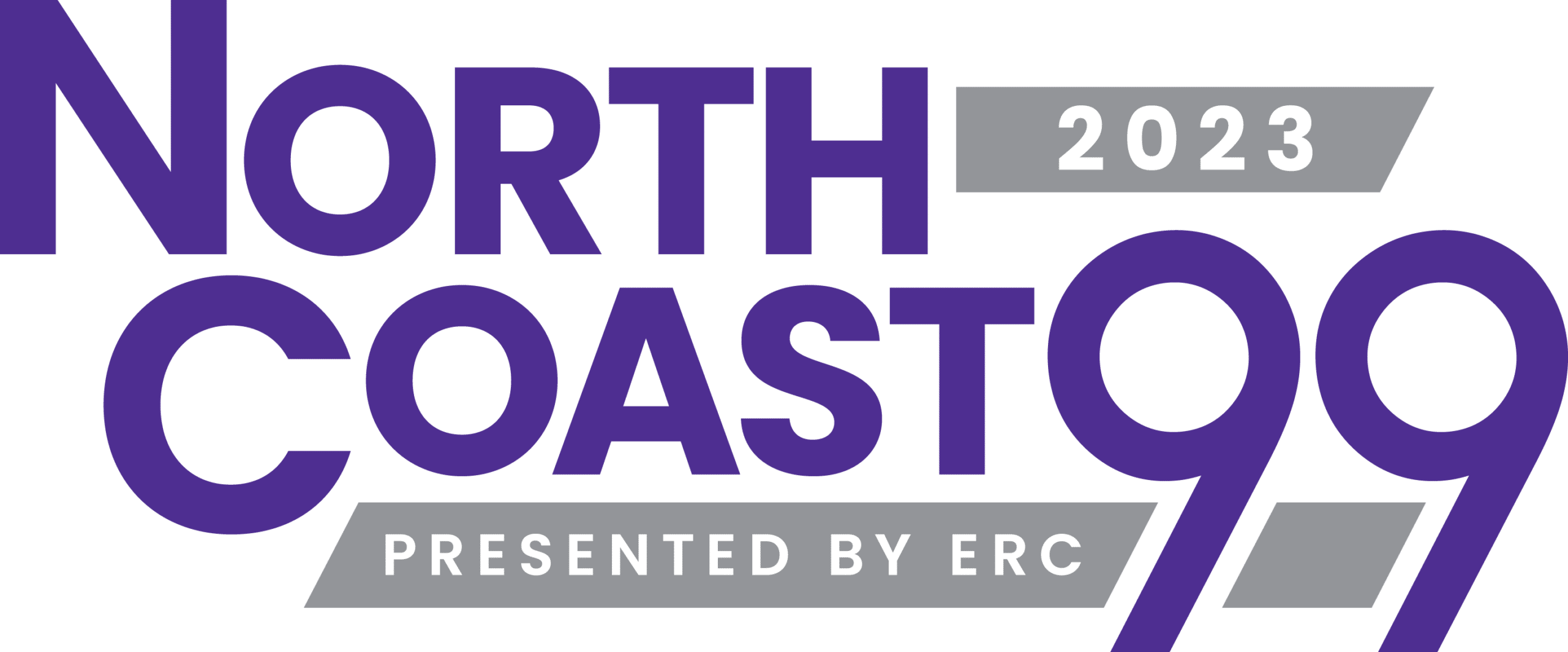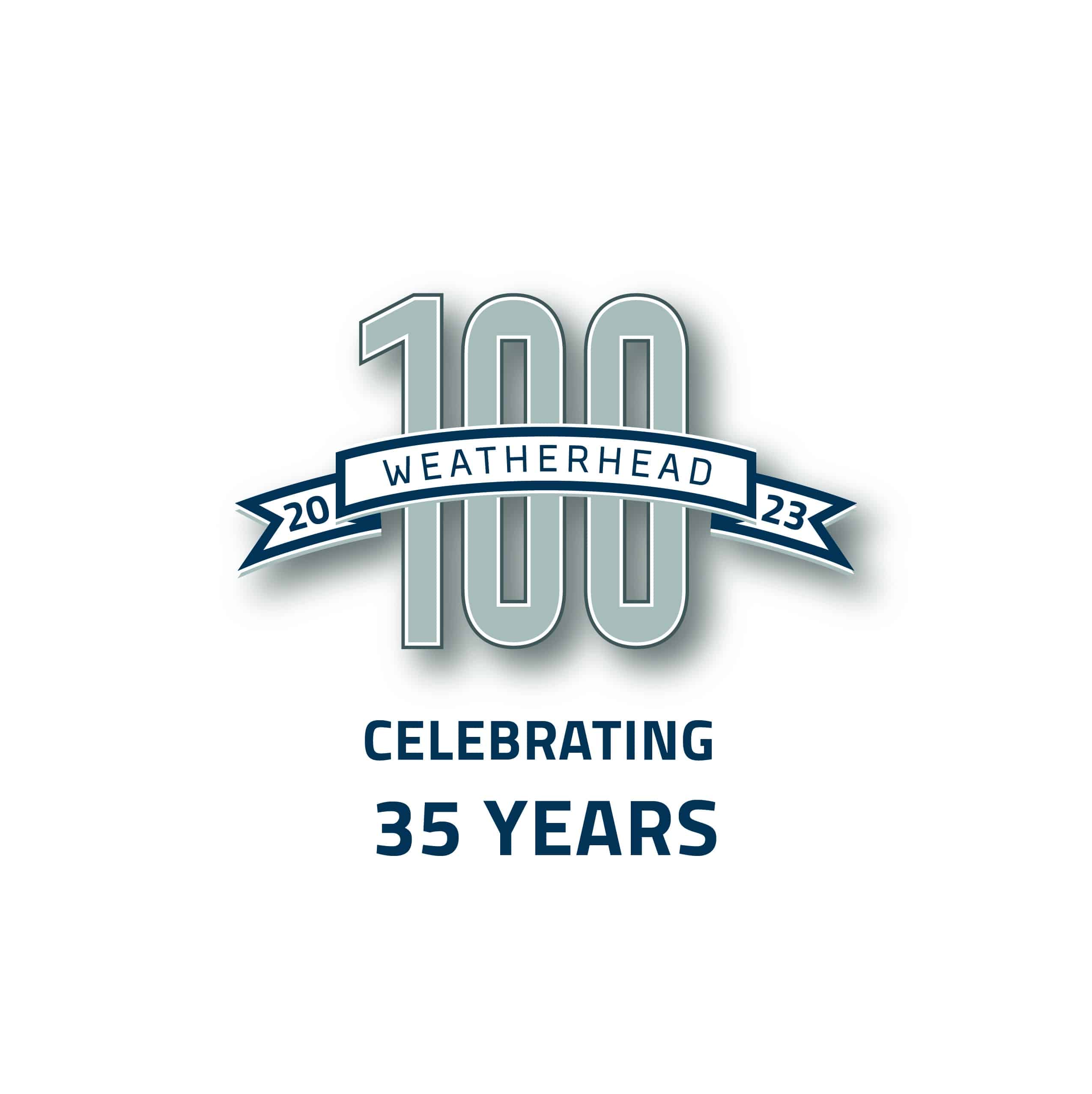Application Period Now Open
Restaurants and food establishments hit hard by the COVID-19 pandemic have an opportunity to order up free restaurant relief grants from the federal government, but owners of eligible businesses must be prepared to act quickly, as the application period opens within days and the funds could dry up quickly.
The Restaurant Revitalization Fund (RRF) grant program, a new federal relief program created to keep the restaurant industry afloat as the COVID-19 pandemic continues to impact business, opens for applications on Monday, May 3, 2021.
As directed by Congress, during the initial 21-day application period the program will prioritize grant applications from food establishments owned or controlled by women, veterans, or socially and economically disadvantaged groups. The general application period opens on May 24, 2021.
The hospitality industry has been drastically hit by the COVID-19 pandemic, and restaurants in many states are still under government orders to limit their business to takeout and/or outdoor dining, severely reducing their gross receipts.
Like other major COVID-19 relief programs, the restaurant relief grant program is administered by the U.S. Small Business Administration (SBA). Restaurant owners may visit the SBA web portal to apply.
Created by the American Rescue Plan Act (ARPA), which was enacted in March 2021, the RRF provides grants of up to $5 million for individual restaurants, or $10 million for small restaurant groups. Of the total $28.6 billion appropriated for the program, $5 billion will be set aside for businesses with 2019 gross receipts of $500,000 or less.
Although RRF grants do not have to be repaid, the funds will not be taxed as income, and all normal federal tax deductions for business expenses these funds pay for are protected.
Be Ready for the Application Submission
We recommend that you have your documentation ready before applying for an RRF grant. This grant program is expected to be heavily utilized and could run out of money. Though it is possible that more funds will be added to the RRF program if that happens, there are no guarantees.
For businesses that have existed since before 2019, documentation includes:
- Tax returns for both 2019 and 2020. These will show your gross receipts for both years, demonstrating your COVID-19-related losses. If you do not have tax returns for these years, you may document gross receipts with bank statements, sales tax returns or a profit and loss statement.
- Loan documents from your Paycheck Protection Program (PPP) loans if you received any. Your RRF grant will be reduced by the amounts you received from the PPP loan program.
- Form 4506-T, which is a release that gives the SBA permission to view your personal tax returns.
The application process will be more complicated for businesses that were not in operation during all or part of 2019 or 2020:
- Summarize your gross receipts for the months you were in business during 2019 and produce documentation to back it up, such as bank statements, sales tax returns or internal accounting records. Submit the same data for the same months of 2020. For example, if your business opened in September of 2019, you would submit gross receipt data for September through December 2019, and for September through December 2020.
- Alternatively, you may calculate your average monthly receipts for the months you were in business during 2019 and multiply by 12, giving you a number for the full year that can be used for comparison to your actual average monthly receipts for 2020.
- The RRF application features a worksheet to help you run scenarios to find the calculation that works best for you and maximizes your grant eligibility.
- If you weren’t in business at all in 2019 but started your business in 2020 and were still operating as of March 10, 2021, you still qualify for an RRF grant. The calculation necessary for this scenario is very complex and may require consultation with your Barnes Wendling advisor.
We recommend that eligible applicants view the sample application on the SBA web portal and run the calculations in advance of submitting an application, to make sure you are maximizing your grant potential.
Who Qualifies for the Restaurant Revitalization Fund?
- Eligible businesses for RRF grants include restaurants, food stands, food trucks, food carts, caterers, saloons, inns, taverns, bars, lounges, brewpubs, tasting rooms, taproom-licensed facilities or the premises of beverage alcohol producers where the public may taste, sample or purchase products, or other similar place of business in which the public or patrons assemble for the primary purpose of being served food or drink.
- Applicants must have owned or operated fewer than 20 locations, together with any affiliates, as of March 13, 2020. Publicly traded companies are not eligible for the grants.
- An eligible entity will be required to certify that the uncertainty of current economic conditions makes it necessary for the grant request to support the establishment’s ongoing operations, and that the applicant has not applied for or received a grant under the Economic Aid to Hard-Hit Small Businesses, Nonprofits, and Venues Act (generally for live venues and theaters).
Calculating the Grant
The RRF grants will be calculated based on the COVID-19-related revenue losses documented by the applicants, less any Paycheck Protection Program (PPP) loans obtained in either 2020 or 2021. Generally, pandemic-related revenue loss can be calculated by subtracting 2020 gross receipts from 2019 gross receipts. The ARPA provides additional provisions for businesses that were not in operation for any or all of 2019.
Individual RRF grants cannot exceed more than $5 million, or in the case of an affiliated group, $10 million in the aggregate. Recipients must use funds for allowable expenses by March 11, 2023.
How the Restaurant Revitalization Fund Grants May Be Used
The RRF grant must be used on eligible costs during the covered period, which is defined is defined by the law as Feb. 15, 2020 through Dec. 31, 2021, or on a date established by the SBA that will not exceed two years after the signing of the ARPA.
Eligible expenses include:
- Payroll and benefit costs
- Payments of principal or interest on any mortgage obligation (except any prepayment of principal on a mortgage obligation)
- Rent payments, including rent under a lease agreement (except any prepayment of rent)
- Utilities
- Maintenance expenses, including 1) construction to accommodate outdoor seating, and 2) walls, floors, deck surfaces, furniture, fixtures and equipment
- Supplies, including personal protective equipment and cleaning materials
- Food and beverage expenses that are within the scope of the normal business practice of the eligible entity before the covered period
- Covered supplier costs
- Operational expenses
- Paid sick leave
- Any other expenses that the SBA determines to be essential to maintaining the eligible entity
If a grant recipient is unable to use all the grant funds, or if the recipient’s establishment permanently ceases operations before the end of the covered period, the recipient must return to the U.S. Department of the Treasury any funds not used.
To get started, register for an account at restaurants.sba.gov. The SBA advises applicants to first download a sample version of the application.
If you are interested in applying for a Restaurant Revitalization Fund grant, please contact your Barnes Wendling advisor.
Related Insights
Featured Post

Featured Client Testimonials
BW is a true partner to us. Their knowledge, expertise, and service are a valuable resource to us and play an important role in our success!
John Allen - Vice President of Finance, Kaufman Container

Featured Client Testimonials
I appreciate the exceptional tax advice we received over the years. The (BW team) has a good grasp of our business needs. Thank you for your excellent service.
John Griffiths - Owner, Rae Ann, Inc.

Featured Client Testimonials
The BW team has been fantastic to work with; both the team member at our office as well as at the partner level. Any issues or concerns are handled very efficiently and effectively.
Kelley Needham - Chief Executive Officer, Epilepsy Association

Featured Client Testimonials
Barnes Wendling has been our company accountants for over seven years. Their knowledge has been instrumental in helping us grow strategically during this time. And although we’ve seen many changes in our economy that we cannot control, we’ve always been able to trust the Barnes team to be by our side. The Barnes team feels like family. We can’t thank them enough for their support!
Christine Kloss - Controller, AT&F

Featured Client Testimonials
Barnes Wendling has been our company accountants for over 15 years. During this time, the business has grown exceptionally, and Barnes has kept pace, providing accurate, quality advice. Our finances are more efficient than ever, and the expense of hiring Barnes has been a definite positive add to our bottom line. I give my highest recommendation to their firm.
David Miller, MD - President, Retina Associates of Cleveland

Featured Client Testimonials
Barnes Wendling has provided us guidance and recommendations that have strategically helped strengthen our business and position ourselves for growth. We needed to hire a new VP of Finance and Controller this past year, and they were instrumental in helping us find the best candidates for our company.
Sara Blankenship - President, Kaufman Container

Featured Client Testimonials
We value the trust, accuracy of information, and reliability of Barnes Wendling and Mike Essenmacher personally. Mike has been instrumental as a trusted advisor on accounting, tax, and personnel issues. His advice is always accurate, and he is very reliable. His associates are also very talented.
Dominic Ozanne - President and CEO, Ozanne Construction Company

Featured Client Testimonials
We value Barnes Wendling’s expertise with all things accounting so we can operate our business using our strengths and allowing them to be our experts. They have also brought me a few business sale opportunities to allow me to grow my assets.
John Gaydosh - President and Metallurgical Engineer, Ohio Metallurgical Service

Featured Client Testimonials
Barnes Wendling (especially Lena) did a great job with our financials. Everything. It is extremely refreshing and comforting to know that all of our numbers are not only correct, but they are in the right place(s). Your diligence and reporting truly does make me (personally) feel better.
Thomas Adomaitis - Controller, Bialosky Cleveland

Featured Client Testimonials
I can wholeheartedly tell you that I have yet to work with an audit or tax team that have been more helpful, easy to work with, and committed than the team at Barnes Wendling- I have been through three different firms in the last few years.
Michelle Saylor, Former Controller, Aero Mag

Featured Client Testimonials
Floyd Trouten at Barnes Wendling CPAs is an “expert’s expert” when it comes to M & A accounting. Not only does he understand the evolving details of the Tax Code but he also sees the fine points of their application for owners, managers, investors, and financiers.
Mark A. Filippell, Western Reserve Partners

Featured Client Testimonials
The service is amazing at Barnes Wendling CPAs. The benefit is worth more than the cost. Sometimes it’s true that you get what you pay for.
Mark Boucher - Former Owner, Castle Heating & Air










